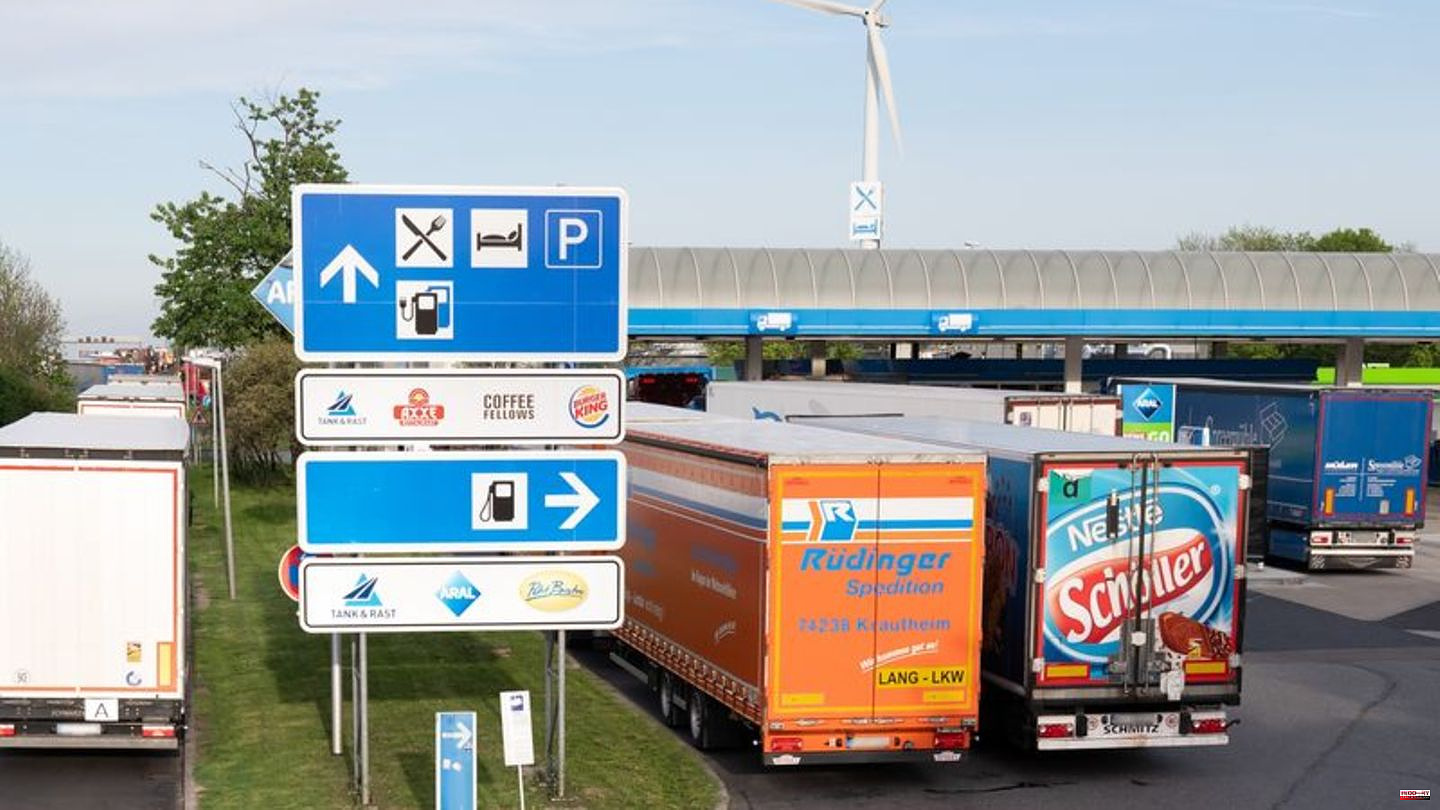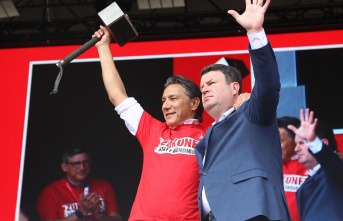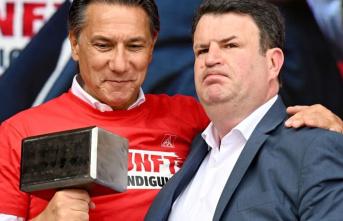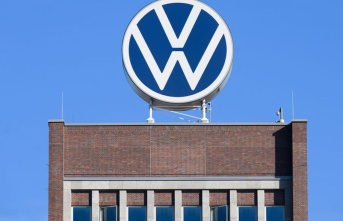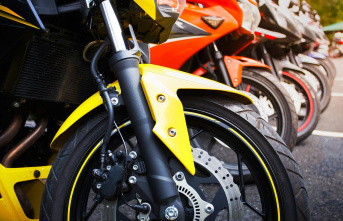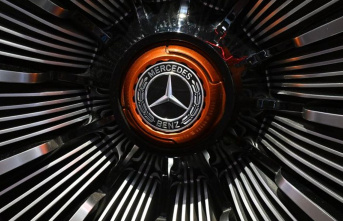If you ask Juan Pedro Garcia Rosales how he assesses the situation surrounding truck parking spaces on German highways, you will get a clear answer: "A real catastrophe." The 54-year-old from Freiburg says he has been driving trucks professionally for almost 30 years. He speaks of stress and loss of time when he describes looking for a parking space in the evening. Nowadays you have to look for a parking space in the afternoon. From 5 p.m. onwards it would be impossible to get a parking space on a German motorway.
Many truck drivers in Germany are likely to be like Garcia Rosales. The Federal Ministry of Transport is strongly pursuing the goal of continually increasing the number of truck parking spaces at rest areas along the motorway, it said upon request. “Nevertheless, there are still bottlenecks at the rest areas – especially at night,” said a spokeswoman.
Survey: 23,000 missing truck parking spaces
A nationwide survey on the truck parking situation along motorways commissioned by the Ministry of Transport in 2018 showed that for around 71,000 truck parking spaces, there were a good 94,000 trucks parked at night. According to this, there was a lack of around 23,000 truck parking spaces on and on the motorways at the time. Another survey took place last year. The ministry is currently unable to provide any further information; the evaluation is still ongoing, it said. The number of truck parking spaces has increased continuously since 2018. According to the ministry, around 3,000 were added from 2018 to 2023. Of these, 542 were created in the past two years.
The creation of additional parking spaces on federal highways is a high priority for the Ministry of Transport. In principle, 100 million euros are budgeted for this every year. “In addition, further funds will be spent as part of the funding program for parking space models near motorways,” it said.
In addition to new parking options at federal rest areas and the testing of new parking space models near motorways, the ministry plans to increase the use of telematic parking procedures and reduce the traffic looking for a parking space through the targeted use of parking space detection systems.
"The situation is really threatening to frightening"
“The situation is really threatening and even frightening,” says Dirk Engelhardt, board spokesman at the Federal Association of Road Transport, Logistics and Disposal (BGL). The BGL assumes “that the situation is even more dramatic” and that more than 40,000 parking spaces are missing.
It is a big problem when the drivers cannot find a parking space in the evening, says Engelhardt. It is stressful for the drivers, but also dangerous if they park on the entrances and exits of parking lots. “These are conditions that are untenable,” says Engelhardt. The consequences for companies are serious. Keyword: shortage of skilled workers.
When describing the problem, the opinions of employers and employees hardly differ. The parking situation for drivers is not good, says Stefan Thyroke, who heads the federal logistics group at the Verdi union. "There are no two opinions." Tyroke also speaks of overcrowded parking spaces and drivers who, out of necessity, are forced to stop either in unmarked parking spaces or even before or after the actual parking space.
Different approaches to solving the problem
However, ideas differ when it comes to solving the problem: BGL board spokesman Engelhardt says he is now of the opinion that it doesn't matter who is at the helm in the Ministry of Transport: no one can cover this immense need for parking spaces. Of course, parking spaces would always have to be built if they can be built. Among other things, it should also be examined whether truck stops along the motorway could be expanded. For this purpose, appropriate funding programs would then have to be set up. “Only a mix of different measures can alleviate the distress somewhat and that will take years.”
Trade unionist Thyroke does not see simply building more parking spaces as suitable. “Our view is that the problem can also be solved in another way, namely by getting drivers off the motorways,” says the trade unionist. For example, more freight traffic could be shifted to rail. Or there could be more focus on encounter traffic. Simplified, it would look like this: A driver from the north meets a driver from the south roughly in the middle. Both swap loads and drive back, so there is no need to spend the night away from home.
The volume is also a problem. Not every parking lot has a sound barrier. In addition, the parking spaces are usually designed so that the driver's cabs face the road. Showers, toilets or bottling water often cost money. “From the drivers’ perspective, it would make much more sense to invest in the quality of parking spaces rather than the quantity,” says Thyroke.

